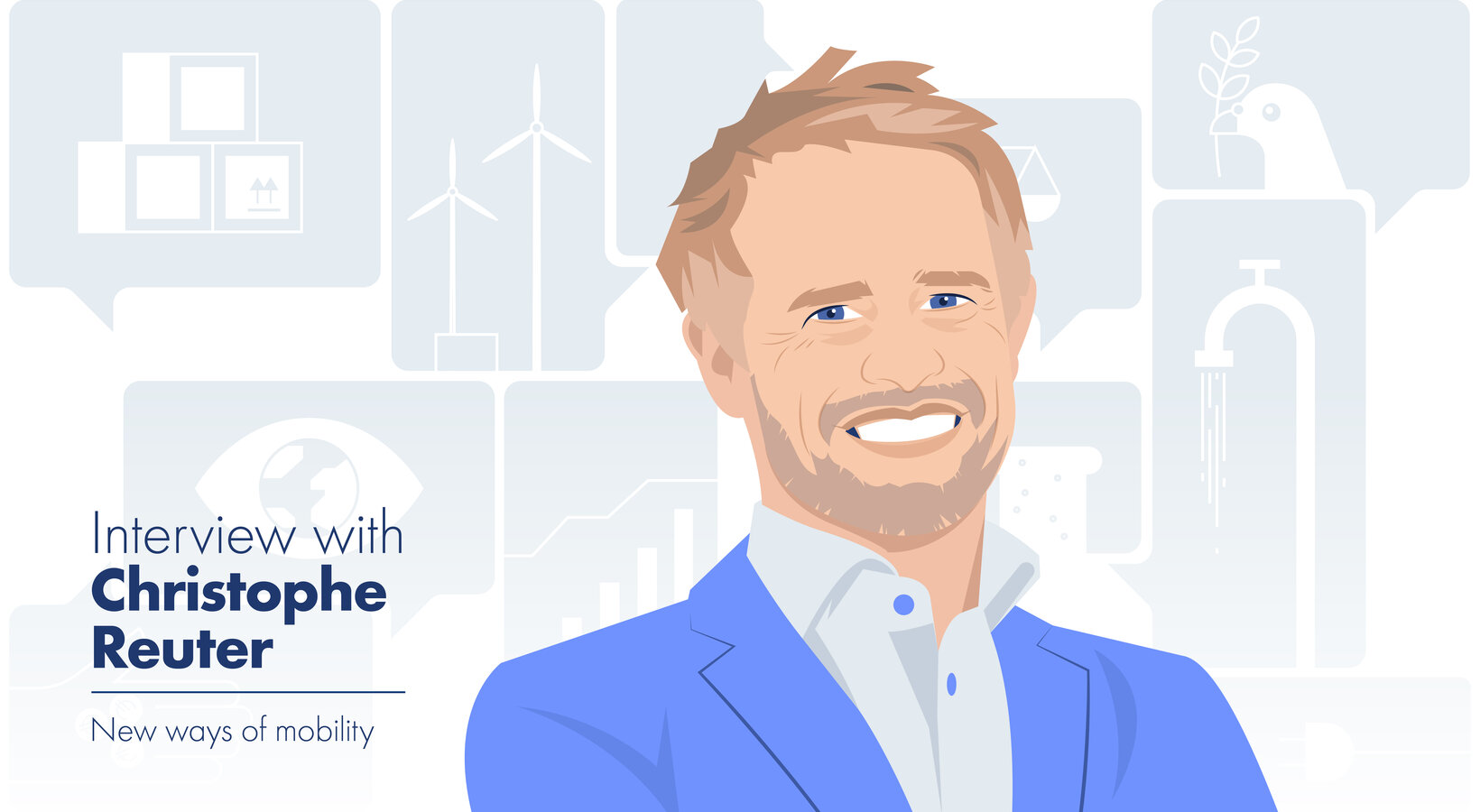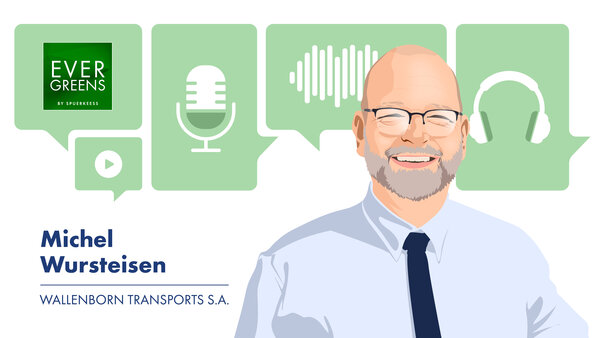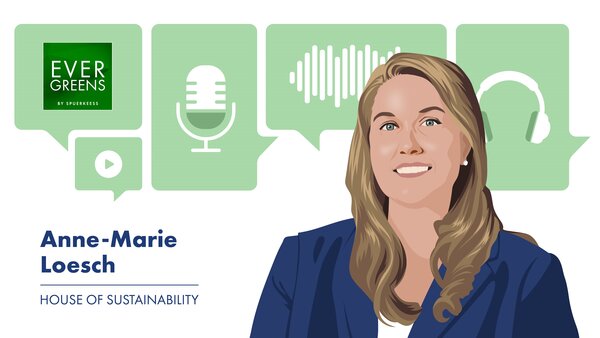Evergreens Insights: Europe must focus on frugal, ethical and sovereign AI, according to Francesco Ferrero
In this short extract from the "Evergreens by Spuerkeess" podcast, we talk to Francesco Ferrero, Head of Artificial Intelligence Research, Data Science, Software Development and Artificial Intelligence Strategy at LIST. He shares his views on the technological, ethical and strategic challenges posed by generative AI. Learn about his views on the importance of frugal, sovereign and responsible AI, and find out about the European initiatives that are shaping the future of this technology.
![[Translate to English:] [Translate to English:]](/fileadmin/_processed_/6/7/csm_433_EXP_Francesco_Ferrero_LIST_31171ca1b1.jpg)

![[Translate to English:] [Translate to English:]](/fileadmin/_processed_/d/1/csm_434_EXP_Nicolas_Griedlich_Deloitte_f84788af86.jpg)
![[Translate to English:] [Translate to English:]](/fileadmin/_processed_/0/d/csm_435_EXP_Rachid_M_haouach_Spuerkeess_6aout25_4132487c59.jpg)


![[Translate to English:] [Translate to English:]](/fileadmin/_processed_/9/7/csm_426_EXP_Romy_Reding_Spuerkeess_28mars25_f6a6df7a8f.jpg)
![[Translate to English:] [Translate to English:]](/fileadmin/_processed_/5/8/csm_SP_175_Illustration_422_EXP_Bertrand_Lathoud_Luxembourg_House_of_Cybersecurity_d8f6d97d0e.jpg)
![[Translate to English:] [Translate to English:]](/fileadmin/_processed_/f/5/csm_SP_171_Illustration_420_EXP_Philippe_Parage_CN3_77e5a0f32e.jpg)
![[Translate to English:] [Translate to English:]](/fileadmin/_processed_/5/8/csm_SP_171_Illustration_420_EXP_Lars_Weber_Spuerkeess_301b899cc5.jpg)

![[Translate to English:] [Translate to English:]](/fileadmin/_processed_/8/7/csm_410_EXP_Luigi_Garofoli_Spuerkeess_6fe92987c1.jpg)
![[Translate to English:] [Translate to English:]](/fileadmin/_processed_/7/d/csm_417_RSE_Max_Didier_CDCL_ac53048797.jpg)
![[Translate to English:] [Translate to English:]](/fileadmin/_processed_/1/7/csm_416_EXP_Marco_Rasque_Da_Silva_Spuerkeess__1__33f3f45032.jpg)